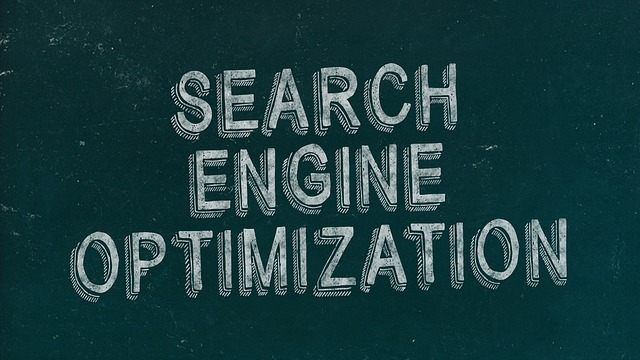AI tools are transforming automotive repair by predicting issues, optimizing tasks, and improving accuracy through data analysis. Successful workshops should showcase these capabilities, bridge industry needs with AI potential, and cater to diverse skill levels with practical experiences. Implementing AI in shops, focusing on diagnostic support and data-driven decisions, can enhance efficiency and service quality while seamlessly integrating innovative solutions into existing processes.
“AI workshops are transforming automotive shops by introducing advanced tools that streamline repair workflows. This article delves into the world of AI applications, exploring its benefits and potential across various automotive sectors. We’ll guide you through designing and implementing effective AI workshops, focusing on content, techniques, and best practices. From understanding AI’s role in diagnostics to overcoming implementation challenges, this comprehensive resource ensures automotive professionals stay ahead in an era defined by intelligent solutions.”
- Understanding AI Tools for Automotive Repair: Benefits and Applications
- Designing Effective AI Workshops: Content, Techniques, and Best Practices
- Implementing AI in Automotive Shops: Strategies for Success and Overcoming Challenges
Understanding AI Tools for Automotive Repair: Benefits and Applications

AI tools are transforming automotive repair by offering efficient and precise solutions, revolutionizing the way shops manage their workflows. These intelligent systems can analyze complex data from vehicle sensors, diagnostics, and historical service records to provide valuable insights. By leveraging AI, mechanics can identify potential issues before they become major repairs, reducing downtime and increasing customer satisfaction.
The benefits extend beyond predictive maintenance. AI-powered software can automate routine tasks, such as scheduling appointments or ordering parts, freeing up staff to focus on more complex work. Additionally, these tools enhance accuracy by minimizing human error in data entry, ensuring that every vehicle’s service history is accurately documented and accessible. This level of efficiency and precision is a game-changer for automotive shops, allowing them to stay competitive in today’s digital era.
Designing Effective AI Workshops: Content, Techniques, and Best Practices

Designing effective AI workshops for automotive shops requires a deep understanding of both the industry’s unique needs and the capabilities of available AI tools. The content should focus on demonstrating how AI can streamline automotive repair workflows, enhancing efficiency and accuracy. Workshop facilitators must adapt their techniques to cater to varying skill levels within the audience, ensuring clear explanations and hands-on demonstrations for maximum engagement.
Best practices include incorporating case studies relevant to automotive applications, providing ample opportunities for participants to interact with AI platforms, and fostering discussions around potential challenges and implementation strategies. By balancing theoretical knowledge with practical exercises, these workshops empower automotive professionals to embrace AI tools confidently, accelerating the adoption of innovative solutions in their repair processes.
Implementing AI in Automotive Shops: Strategies for Success and Overcoming Challenges

Implementing Artificial Intelligence (AI) in automotive shops offers immense potential to streamline repair workflows, enhance efficiency, and improve overall service quality. The first step for success is identifying areas where AI tools can make a significant impact, such as diagnostic support, parts inventory management, and predictive maintenance. By leveraging machine learning algorithms, these AI tools can analyze vast amounts of vehicle data, detect patterns indicative of potential issues, and provide timely warnings to mechanics. This proactive approach not only reduces downtime but also saves costs associated with unexpected repairs.
To overcome challenges in adopting AI, automotive shop owners should focus on training and integration strategies. Investing in comprehensive training programs ensures that employees understand how to effectively utilize new AI technologies and interpret their outputs. Seamless integration of AI tools within existing systems, such as ERP or management software, is also crucial for ensuring consistent workflows and maximizing the benefits of AI implementation. Additionally, fostering a culture of data-driven decision-making can help shops leverage the insights provided by AI to continuously optimize their operations.
AI workshops offer a transformative solution for automotive shops, empowering technicians with advanced tools to streamline repair workflows. By understanding the benefits and applications of AI, designing well-structured workshops, and implementing effective strategies, businesses can harness this technology’s potential. Adopting AI not only enhances efficiency but also positions automotive shops as innovative leaders in their field. Embracing these practices is a step towards revolutionizing the industry and ensuring a future-ready workforce.
